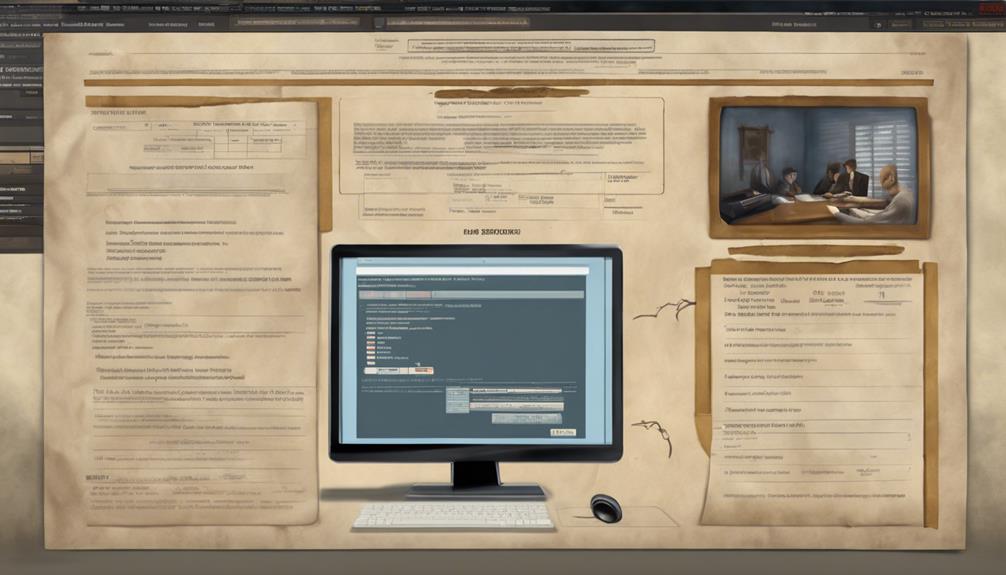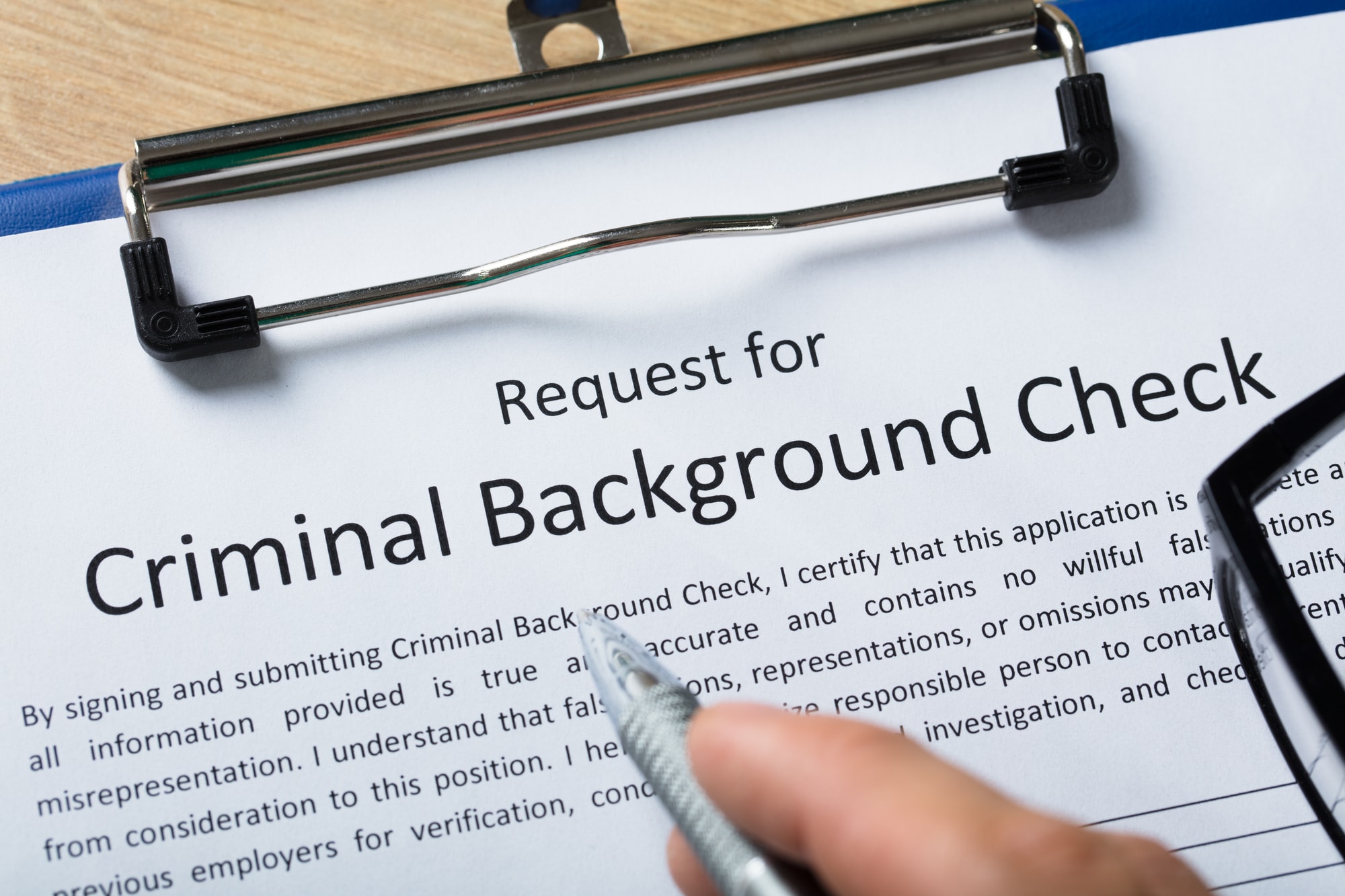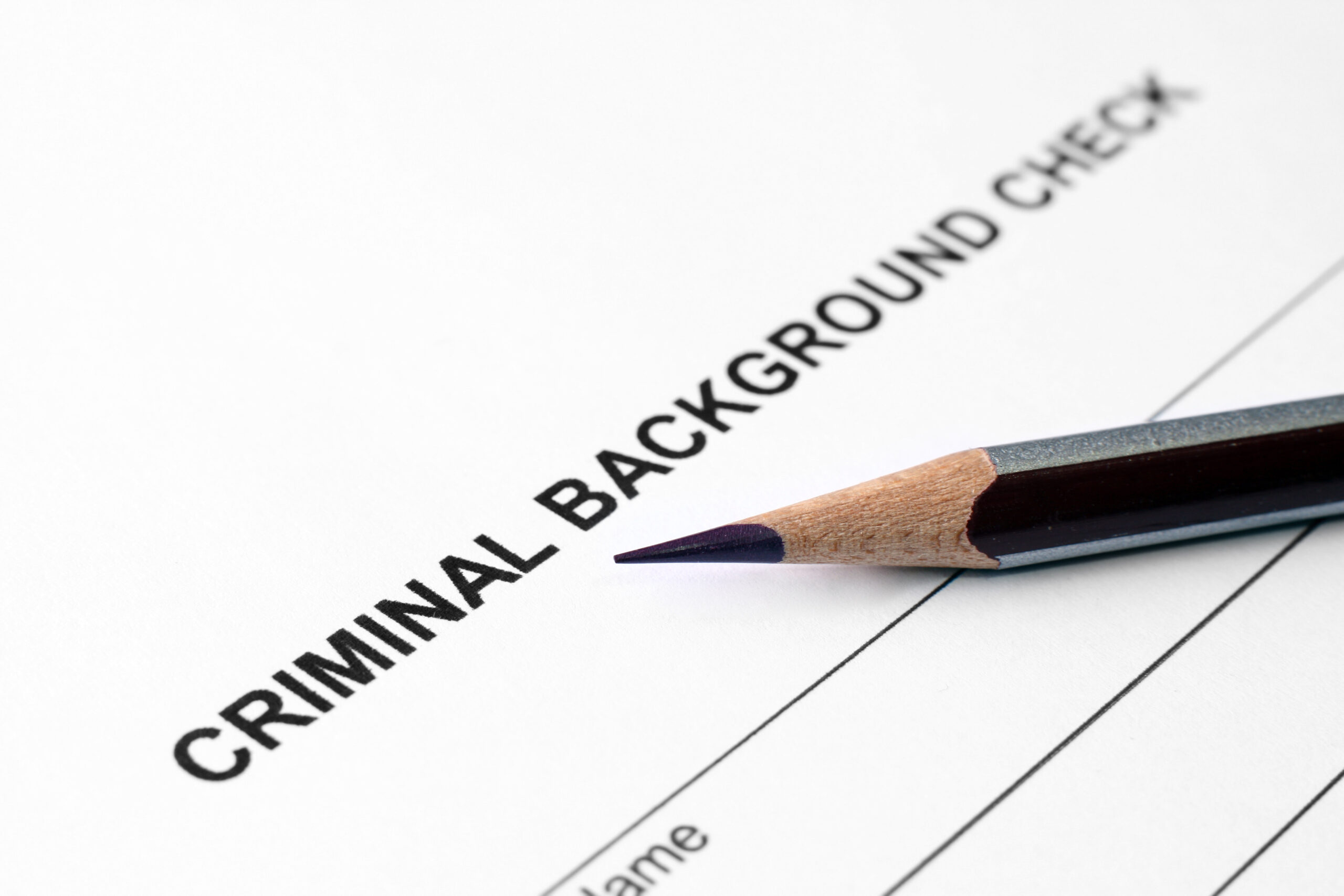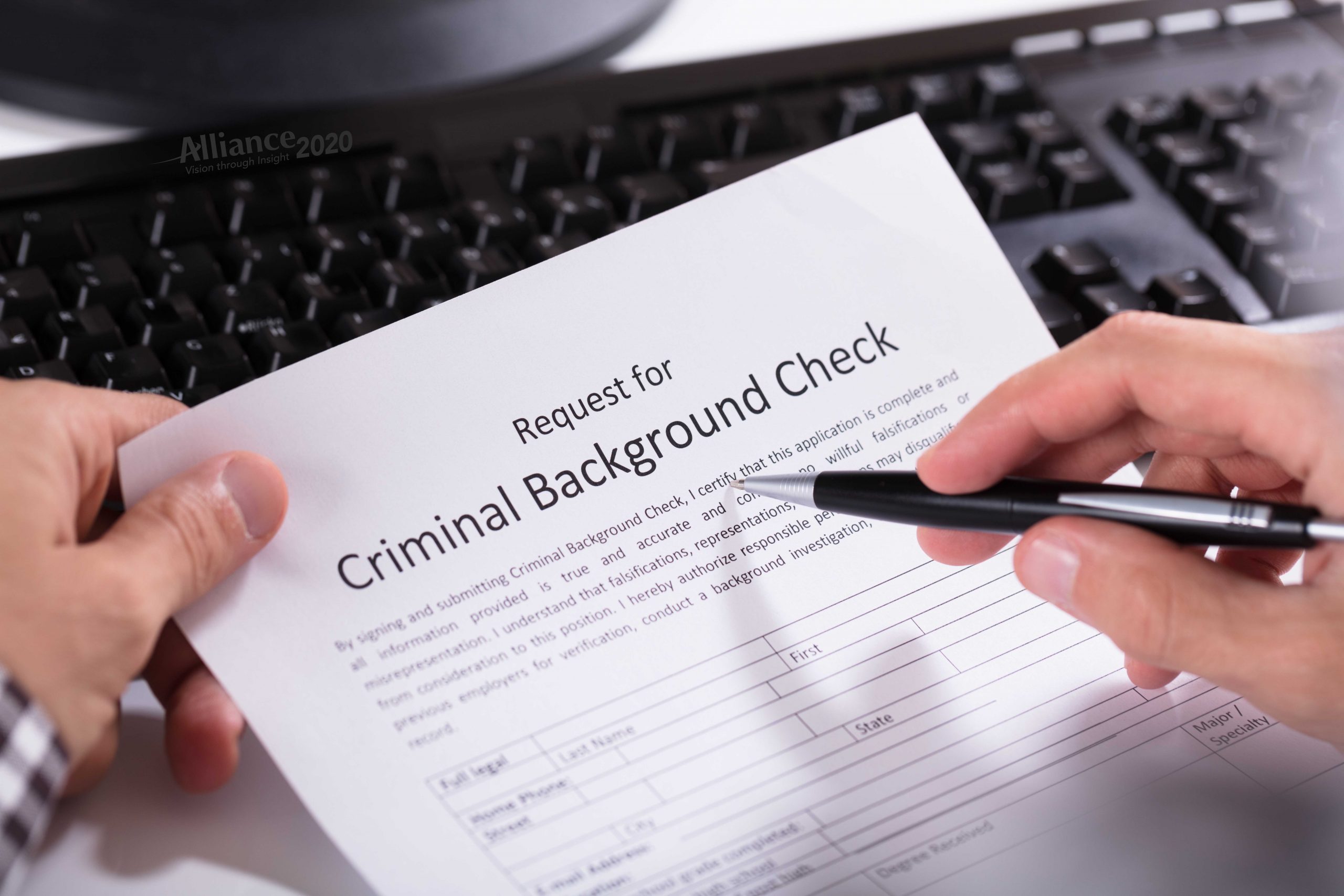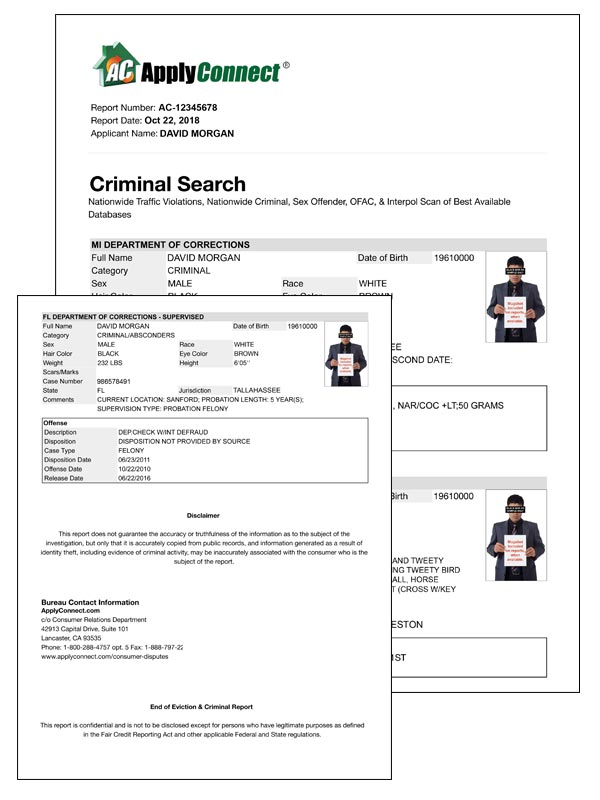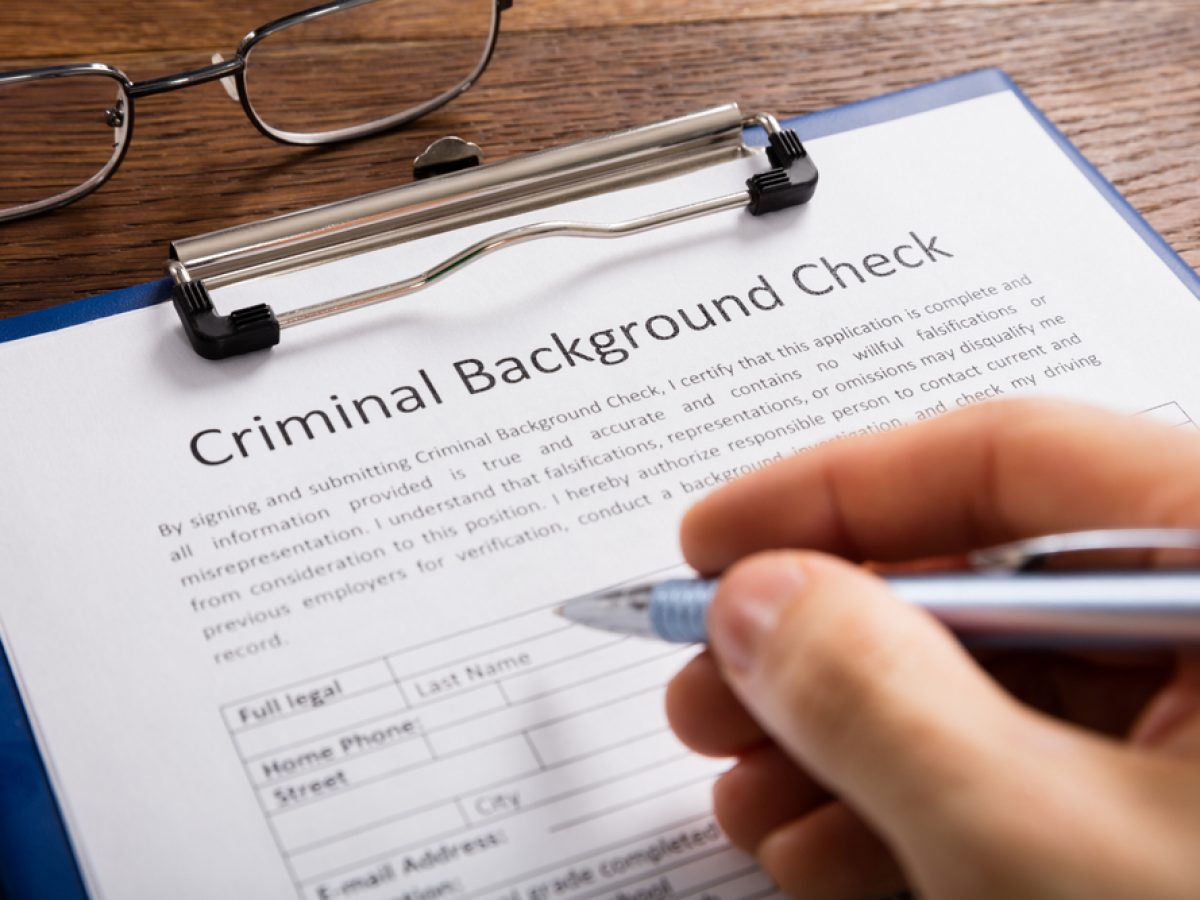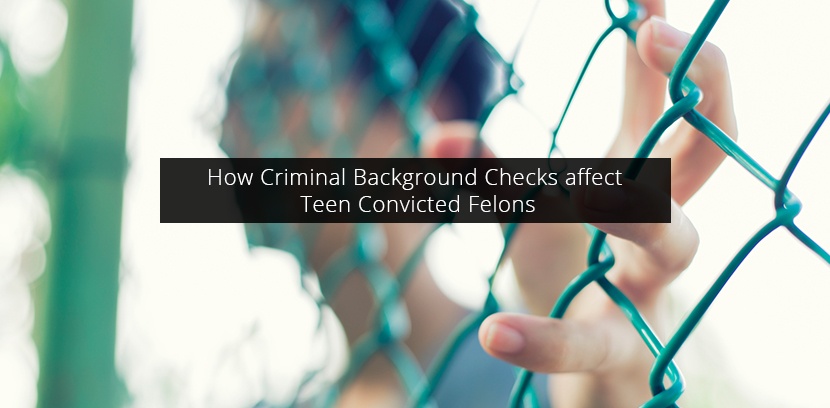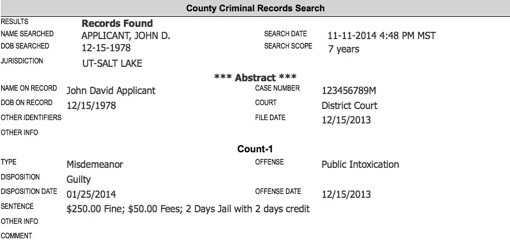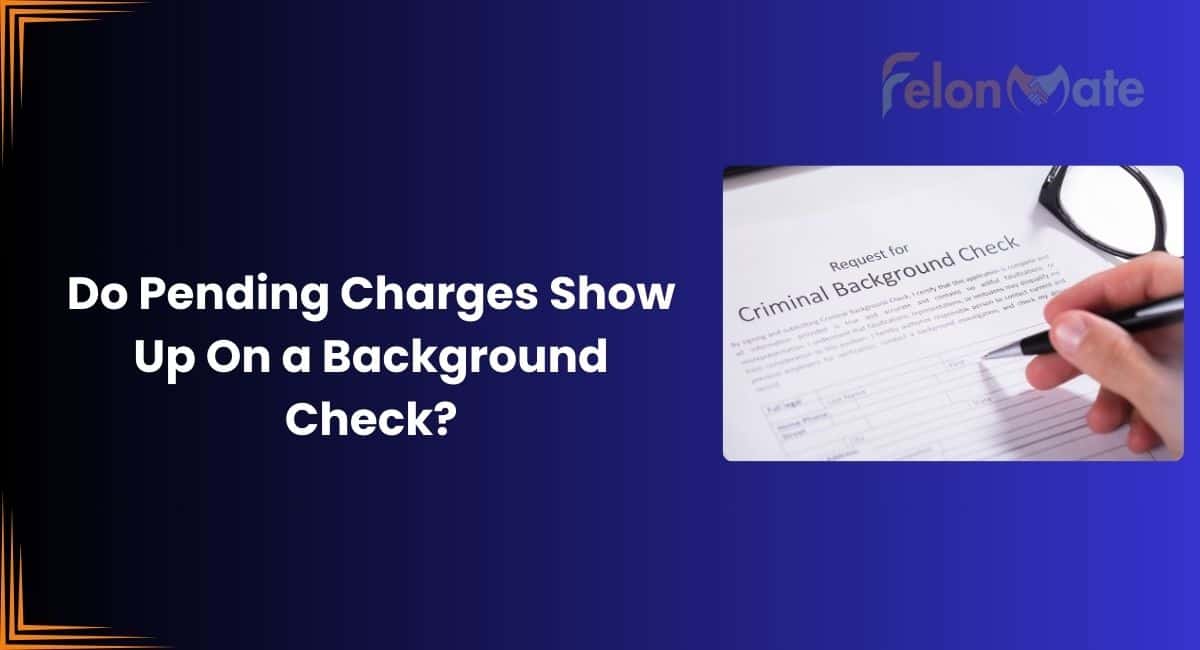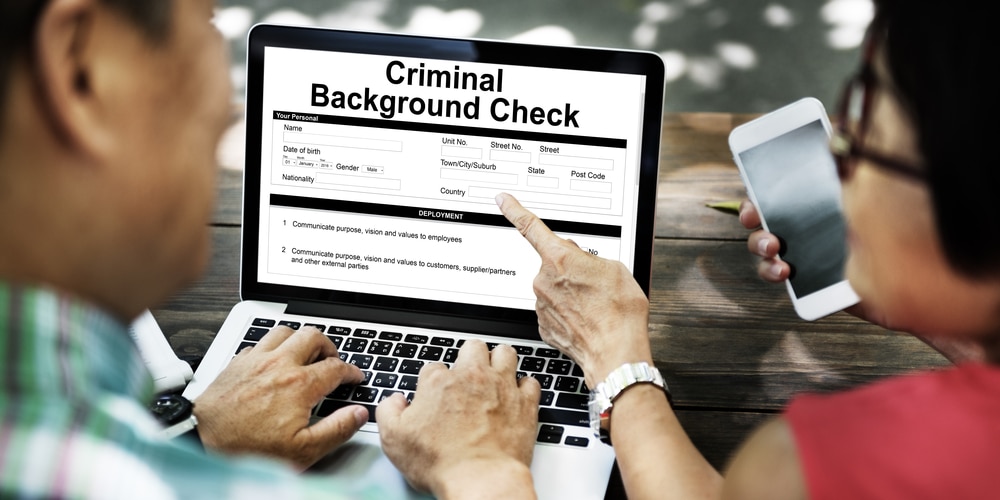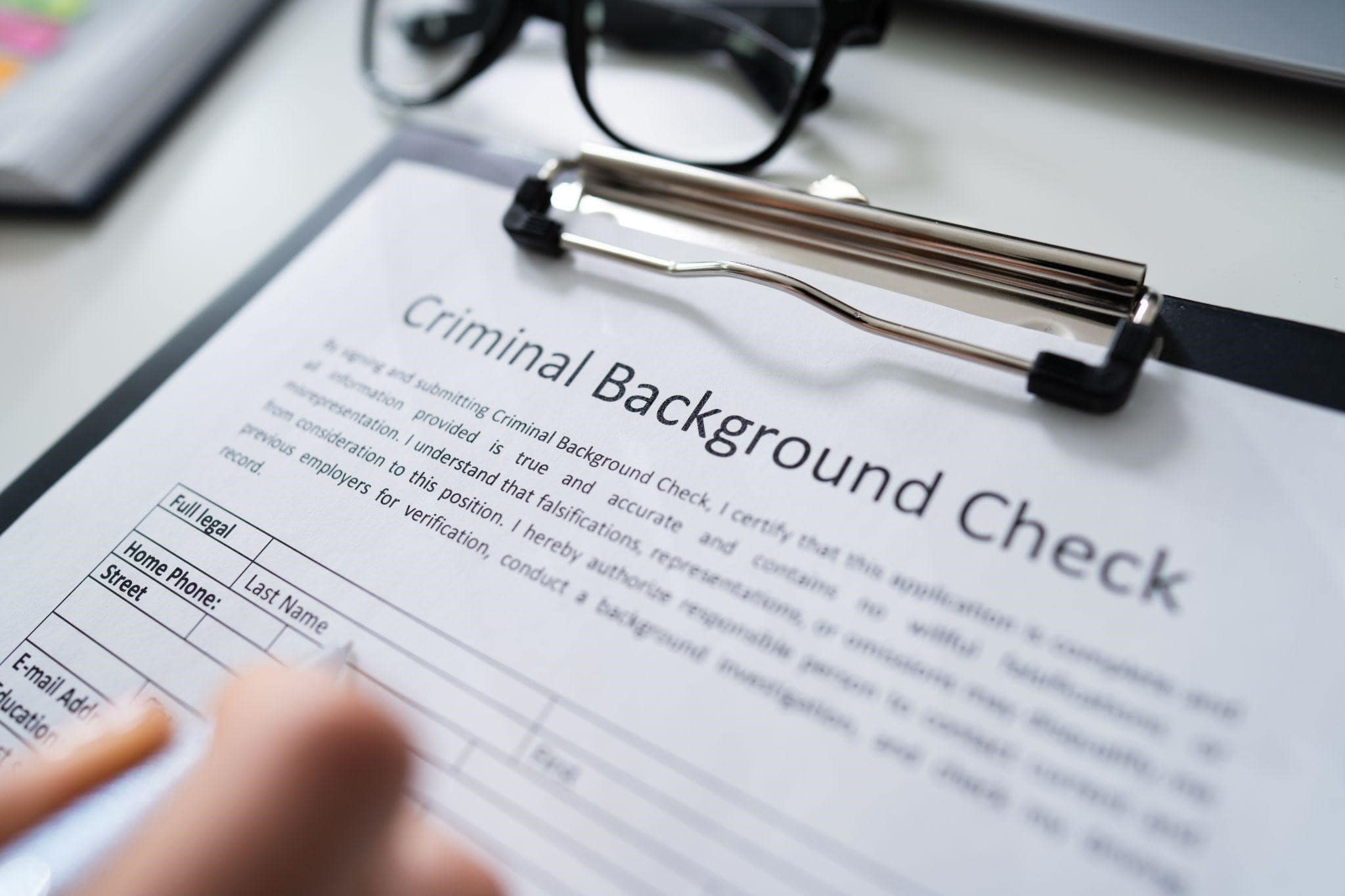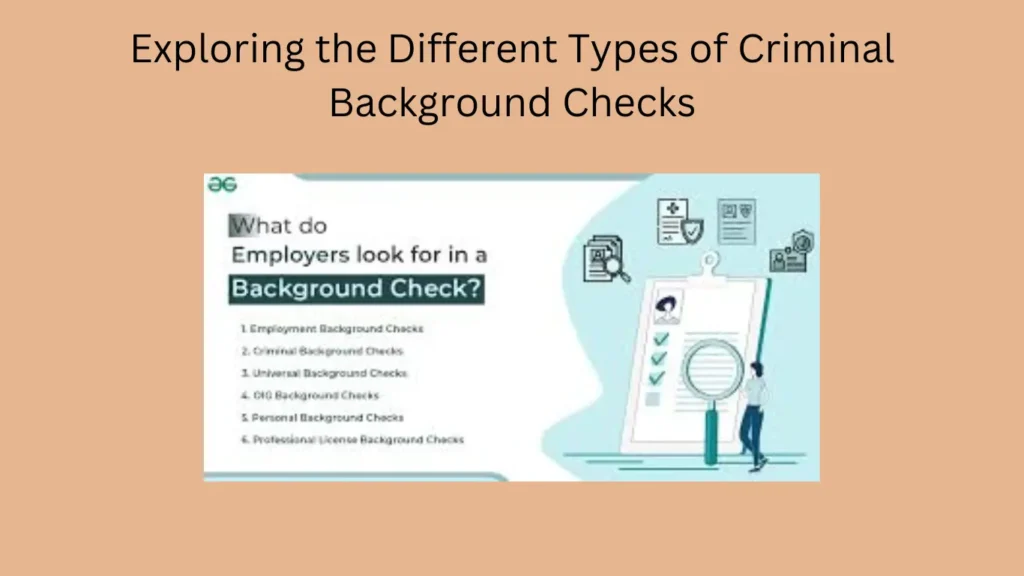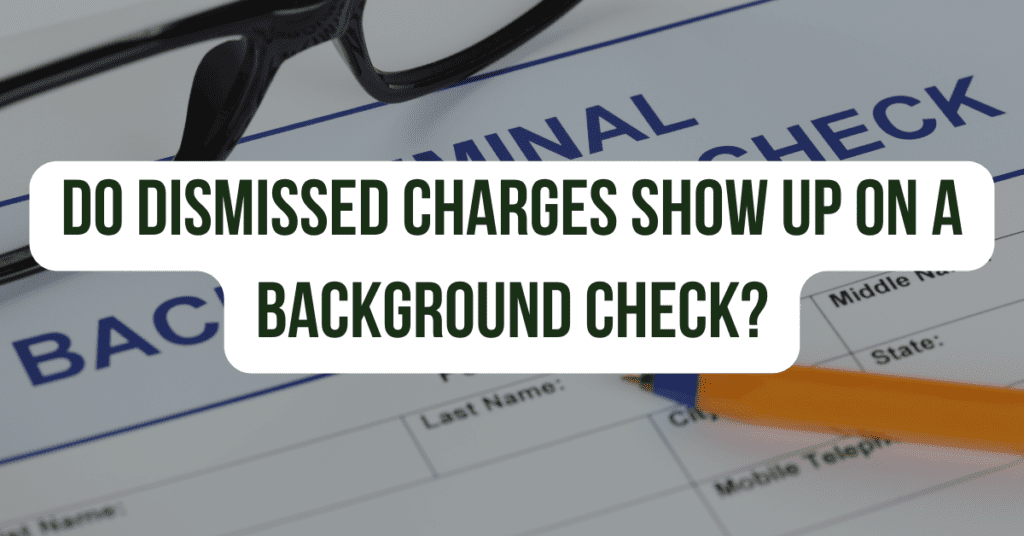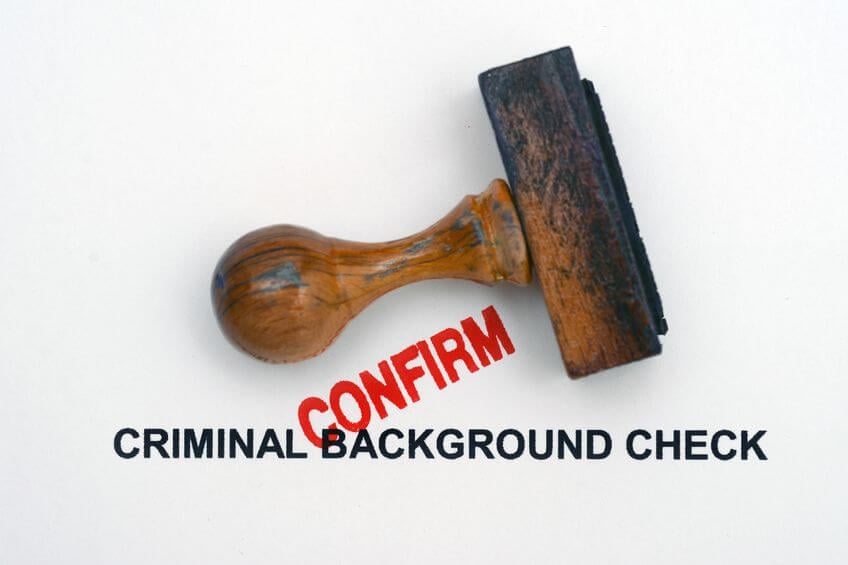Do Criminal Charges Show On Background Checks
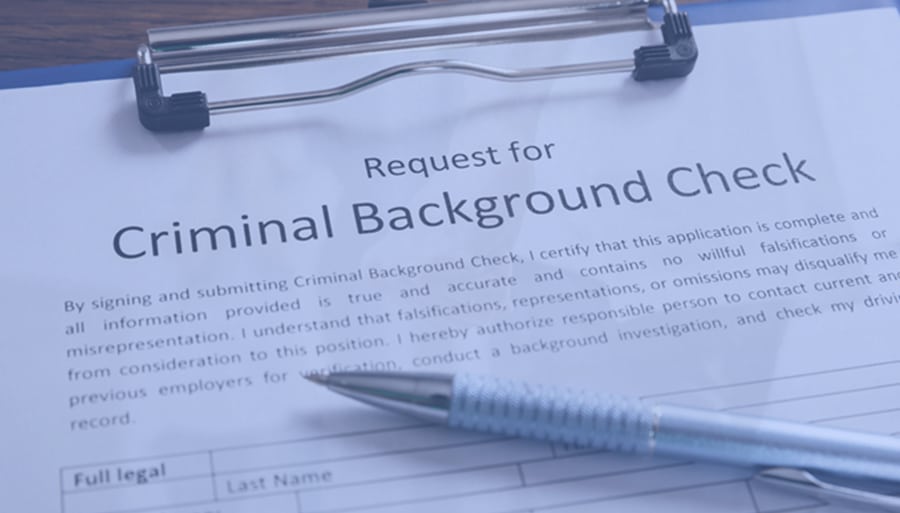
Imagine this: you're waiting, anticipation bubbling, for the results of a background check. Maybe it's for a dream job, a volunteer position with a local charity, or even just to rent that charming little apartment downtown. The weight of the unknown hangs in the air. Will something from your past, a brush with the law perhaps, suddenly surface and derail your plans?
The big question on many minds is: do criminal charges, even those that didn’t result in a conviction, show up on background checks? Understanding the nuances of background checks and the information they reveal is crucial for navigating the modern landscape of employment, housing, and civic engagement.
The Complex World of Background Checks
Background checks aren't a monolithic entity. They vary significantly depending on the purpose, the level of scrutiny required, and the laws of the specific jurisdiction. Some checks are simple, verifying only basic information like name and address.
Others are incredibly detailed, delving into criminal history, credit reports, driving records, and even social media activity. The type of background check used has a direct impact on what information is revealed.
Charges vs. Convictions: The Key Difference
This is where it gets tricky. A charge is simply an accusation, a formal allegation that someone has committed a crime. A conviction, on the other hand, is the result of a guilty plea or a finding of guilt by a judge or jury.
Generally, employers and other organizations are most interested in convictions. According to the Equal Employment Opportunity Commission (EEOC), using arrest records without a conviction as an absolute bar to employment can be discriminatory.
However, the reality is more complex. Many background checks, especially those conducted by law enforcement or government agencies, will reveal arrest records, even if those arrests didn't lead to a conviction.
State and Federal Laws: A Patchwork of Regulations
State and federal laws governing background checks are a complex patchwork. Some states have "ban the box" laws, which restrict employers from asking about criminal history on initial job applications. The goal is to give individuals with records a fair chance to be considered based on their qualifications.
Other laws regulate the types of information that can be included in background checks and how that information can be used. For example, some states have laws that allow for the expungement or sealing of certain criminal records, making them inaccessible to most background checks.
Federal laws, such as the Fair Credit Reporting Act (FCRA), also play a significant role. The FCRA regulates how consumer reporting agencies, which conduct many background checks, collect, use, and share consumer information.
The Impact on Opportunities
The potential impact of criminal charges appearing on a background check can be significant. Even if an arrest didn't lead to a conviction, the mere presence of a charge can raise concerns for employers, landlords, and other organizations.
This can lead to missed opportunities for employment, housing, education, and even volunteer work. It's a reality that many individuals with prior involvement in the criminal justice system face, even after they've paid their debt to society.
Advocates for criminal justice reform argue that focusing solely on criminal history perpetuates cycles of poverty and disadvantage. They emphasize the importance of considering the nature of the offense, the time that has passed since the offense, and the individual's rehabilitation efforts.
Navigating the System: Knowing Your Rights
If you have a criminal record, it's crucial to know your rights and understand the laws in your state. You have the right to access and review your criminal record to ensure its accuracy. You also have the right to challenge any inaccurate or incomplete information.
Consider seeking legal assistance to explore options for expungement or sealing of your record, if available. Being proactive and transparent about your past, while also advocating for your rights, can make a significant difference.
Ultimately, understanding the complexities of background checks and the information they reveal is essential for navigating the modern world. While the appearance of criminal charges can present challenges, knowing your rights and advocating for a fair chance can empower you to overcome those obstacles and pursue your goals.
